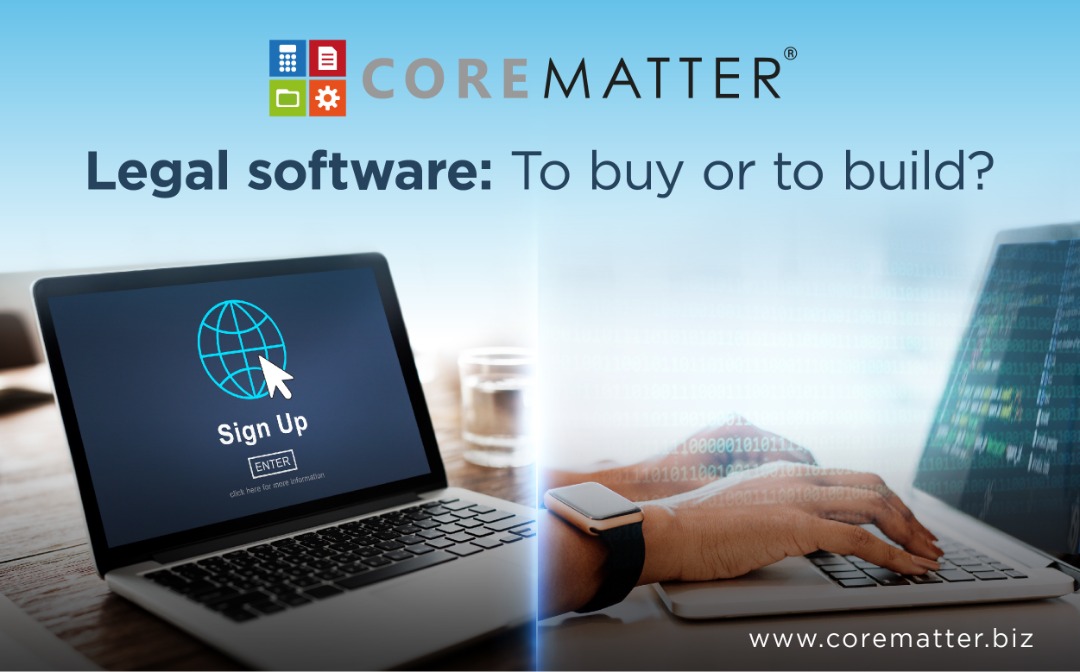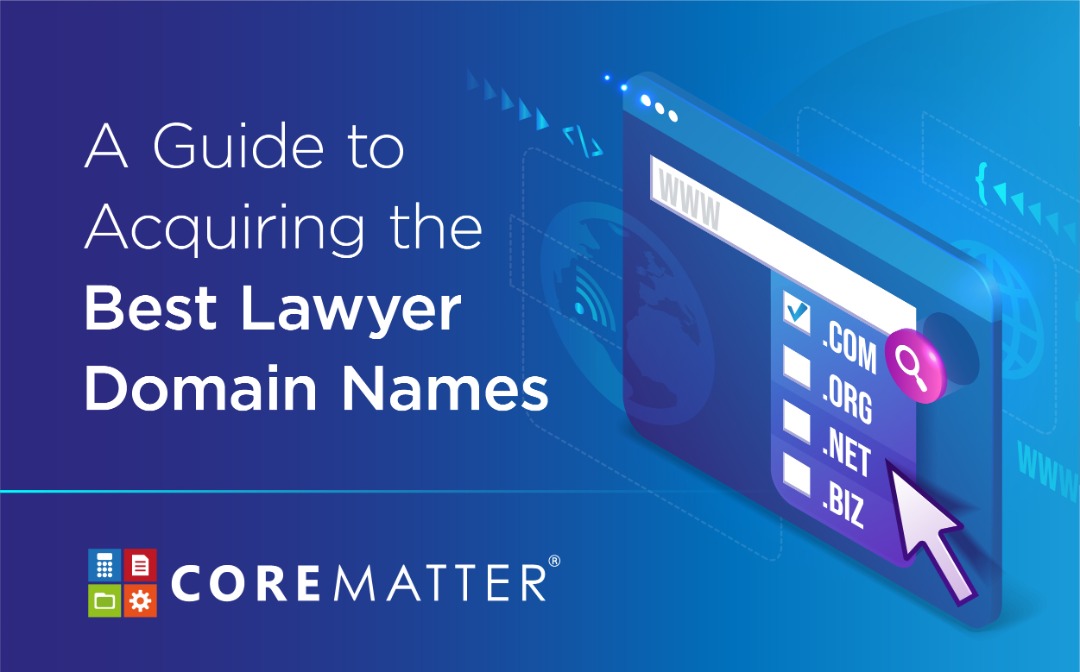
Should you buy or build legal software for your business?
More often than not, it’s easier to buy the software you want “off the shelf”. But which, though, is the best possible solution for law firms; to buy or to build your own law software?
Seeing that there is a whole host of legal software in the marketplace, it may seem relatively easy to say that buying software could save every legal problem businesses face. But there are still a number of companies that may be doing quite the opposite: investing in technology companies to build software with their needs in mind. That’s because they might be thinking if one should really buy everything externally at all.
However, this article will show you what you need to consider before getting one or the other. And while the buy-versus-build debate has been ongoing for a while now, with initial responses being a binary choice, modern debate shows that a hybrid approach could be the best option. There’s no one-size-fits-all tech solution, and with that in mind, let’s delve deeper into the comparison between the two.
If you want to buy legal software, consider:
Be focused on your company objectives and be prepared to sacrifice nice-to-haves. There are no panacea products – you will still have to sacrifice something. Also, be sure to buy something which you can eventually self-manage. Many software companies are service companies in disguise and sell licences cheap for an endless supply of service revenue, so one has to be really careful on that.
2. Formalising your budget
And consider that if the new software doesn’t integrate easily with your existing systems, extensive change management issues can really cost a lot of money in the long run. Have a proper budget plan to make sure you don’t spend unnecessary money or too much on something that would not be appropriate for.
3. Starting small
It’s always exciting to jump in and accomplish as much and as quickly as possible – but that can backfire. If you’re nervous or unsure, then break down initial projects into manageable pieces – for example, start with just your NDA workflow – and prove the ROI before you look to scale it. That way, you can complete your projects in no time.
If you want to build your own legal software, consider:
1. Your company’s confidentiality
2. Protecting your Intellectual Property (IP) and respect others’
3. Having a reliable software developer
And there you have it, these are the differences between buying and building your legal software for your business (not an exhaustive list, though). It may be true that in this technological era, almost everything can be bought, but you don’t want to outsource components that are core to your business, don’t you? That’s why a hybrid approach may just be the right one for your business.
To learn more about how CoreMatter can be your absolute solution to one-half of your hybrid approach, sign up today!
CoreMatter, the leading cloud-based case management tool in SE Asia, frees your firm from the mess of the mundane to focus on what matters most.


